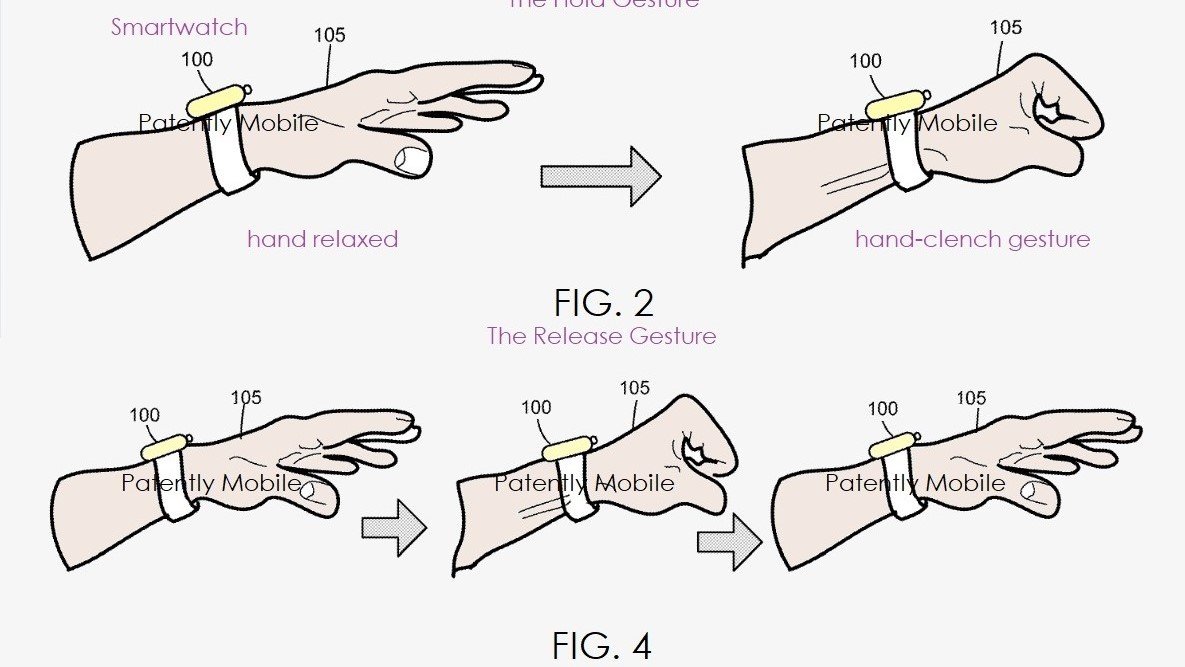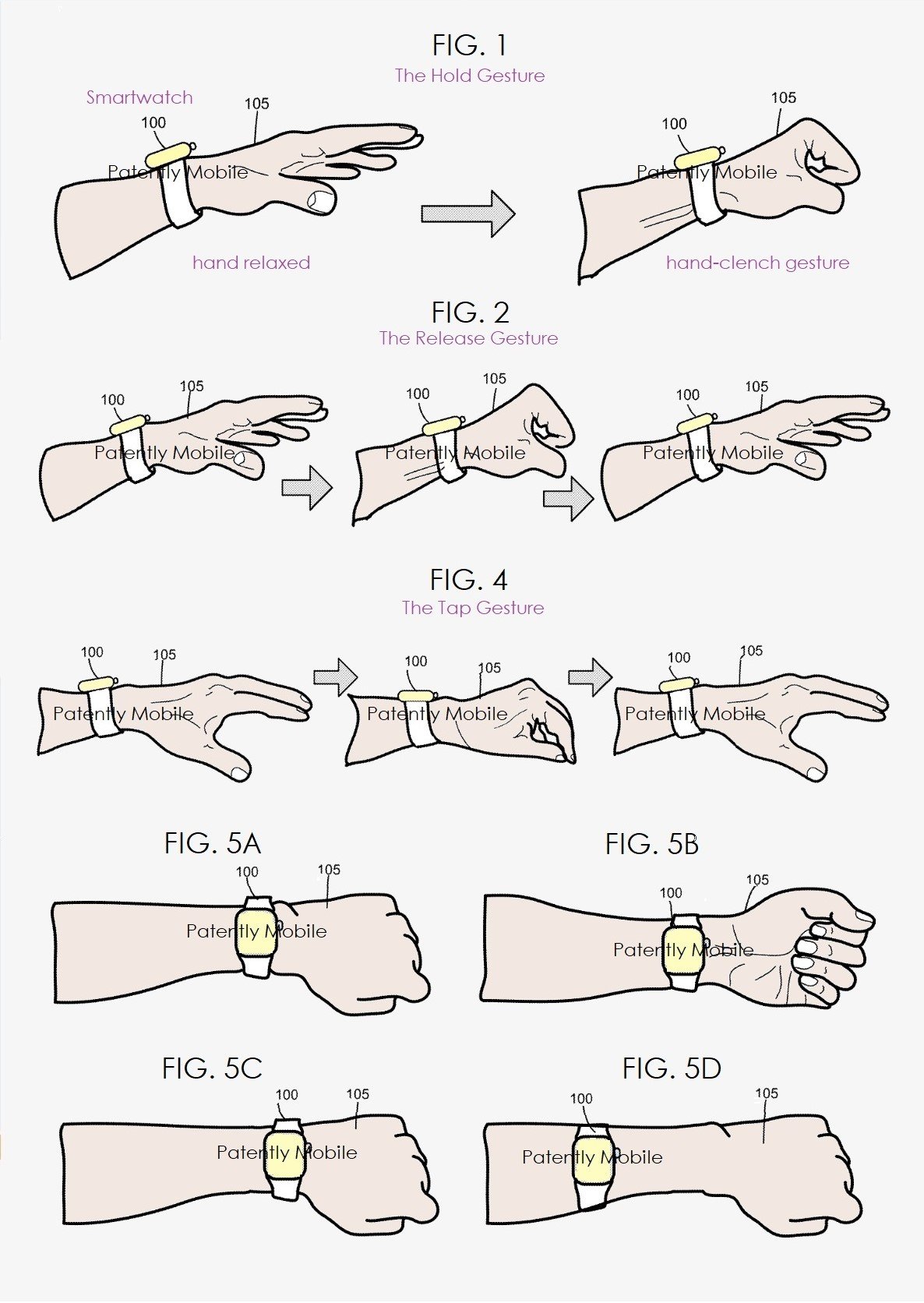The implementation looks very similar to a 2016 demo for Project Soli.
What you need to know
- Google may be developing a Soli-powered smartwatch.
- Newly published patents show the company has been working on a gesture-centric smartwatch.
- The Pixel 5, meanwhile, may ditch Motion Sense and the Soli chip entirely, according to at least one rumor.
One of the most unique aspects of the Pixel 4 was, without doubt, its Motion Sense gesture navigation system that allowed the phone to pick up your hand gestures from a distance. While an interesting novelty, it ultimately failed to gain much traction among Pixel owners, all while being a significant drain on the phone's already abysmal battery life, and reports suggest the company may drop the feature with the next-generation Pixel phone entirely.
Still, the technology is impressive from a technical standpoint, and a lot of effort did go into Google's efforts to build the Soli chip that powers the experience. It's possible the company may discard the tech entirely — adding to its ever-growing graveyard — but, at least for the time being, the company is also exploring other uses for the tech, it seems.
Patent uncovered by Patently Apple, and published by the USPTO last week, show designs for a smartwatch based around using finger gestures to interact with the device. If that sounds familiar to you, that's because it's precisely the premise of a demo Google used to show off Project Soli in 2016 (shown above).
The patent details a range of gestures that you could you enable on the smartwatch:
While Motion Sense wasn't seen as particularly useful on a smartphone due to the fact that the device is generally in our hands when interacting with it anyways, embedding the technology into a smartwatch could be a more natural application. For example, imagine using a Soli-powered smartwatch as a virtual remote for your smart home. Pulling the car into the driveway? Aim your hand at the garage door and just flick your wrist to have the door automatically open or use it to turn on the TV or change the channel from the sofa.
There are certainly enough smart objects in the house these days where a gesture-based virtual remote like this may prove to be of some use, especially if, like me, you aren't particularly excited about having to bark every single command to a virtual assistant like Alexa.
Whether the above vision ever becomes a reality, of course, is anyone's guess.


0 Response to "You Can See More: Patent reveals Google may be working on a gesture-centric Pixel Watch"
Post a Comment